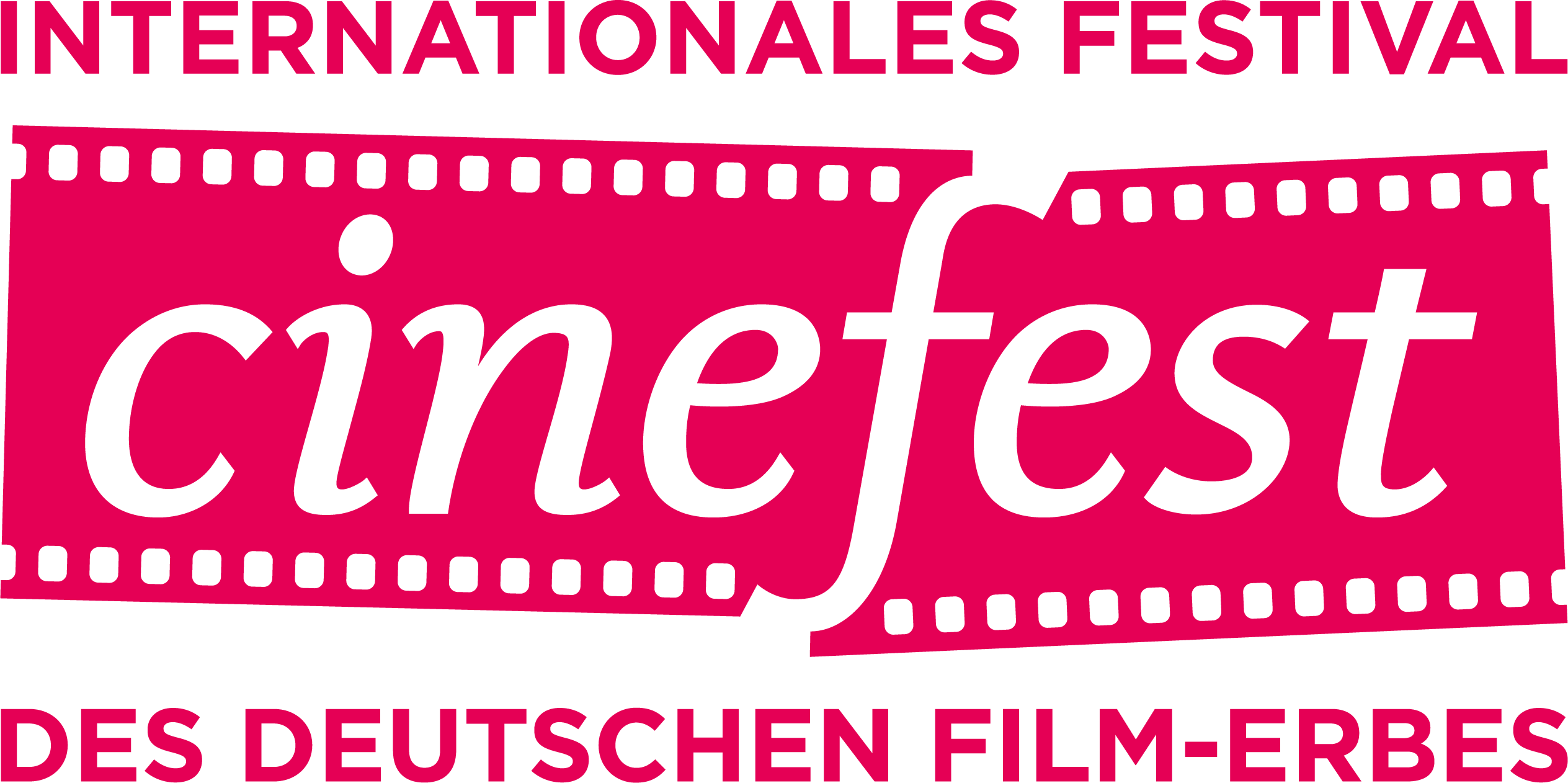Film: Fact and Fiction in History
39th International Film History Conference
November 18 (opening) - 22, 2026, Hamburg
Warburg-House, Heilwigstraße 116, 20249 Hamburg
Since the early days of cinema, historical figures and events have been a central theme. Countless films tell the (hi)stories of kings, artists, politicians, scientists, and historical events. In doing so, filmmakers have sometimes stuck more closely to the facts than others. The films are thus also a mirror of the respective social and political systems and reflect the contemporary view of history. cinefest 2026 explores this phenomenon, compares films from different eras, and examines what they tell us about the people portrayed, but above all about the time in which they were made.
The planning list includes such diverse figures as King Henry VIII of England and Anne Boleyn, imperial und royal Crown Prince Rudolf of Austria-Hungary (Mayerling affair), dancer Lola Montez, Imperial Chancellor Otto von Bismarck, composers Franz Schubert and Ludwig van Beethoven, and rocket scientist Wernher von Braun or Reinhard Heydrich, whose lives have each been covered in several feature films (biopics).
Presentations are limited to ca. 20 minutes, followed by a discussion. Conference languages are German or English. (No live translation available). The conference is expected to take place in hybrid form (face-to-face and video stream).
Following the conference, the revised presentations will be published in a book by edition text+kritik in fall 2027.
Prior registration is required to participate in the conference.
To the accreditation
The conference is expected to take place both as an in-person event and online via live-stream.
In preparation for the congress and festival, an internal screening colloquium will take place at the Federal Archives in Lichterfelde. The date will be announced shortly.
The screening program is not a pre-selection and therefore does not constitute a template for the final festival program. Rather, we will view copies that are not easily accessible, uncertain films, and problem cases and discuss them with the participants. The colloquium also serves as a workshop to prepare for the congress, where ideas for lectures and focal points can be discussed.
A contribution of 20 euros will be charged for participation in the screening.
Concept: Hans-Michael Bock, Swenja Schiemann, Erika Wottrich
Consultation: Thomas Weber, Milan Klepikov, Adelheid Heftberger, Jan Distelmeyer
Organisation: Erika Wottrich, Swenja Schiemann
Coordination Federal Archives: Florian Höhensteiger
Technical Support: George Riley
Contact: kongress(at)cinegraph.de
Retrospect Conference 2025
Between typewriter and film camera
Writers and their relationship to film
38th International Film History Conference
November 19 (opening) - 22, 2025, Hamburg
University Guest House, Rothenbaumchaussee 34, 20148 Hamburg

© DEFA-Stiftung / Eberhard Dassdorf
The lectures and discussions at the 38th International Film History Conference will explore the festival’s main themes in depth in thematically coordinated panels.
The differences in the relationship between writers and film in East and West Germany will be highlighted in two keynotes: Hans-Michael Bock and Michael Töteberg will discuss the “broken relationship” between literature and film in the Federal Republic, while Anett Werner-Burgmann will focus on the interrelationships in the GDR. Six thematic panels present examples of authors whose work reflects the relationship between writing and film in their own unique ways: Andy Räder analyzes Uwe Johnson’s documentary strategies using SUMMER IN THE CITY as an example, while Jonathan Ciesla explores Wolf Wondratschek’s cinematic experiments. Heike Klapdor, in turn, examines Peter Weiss’s intermedia art. One panel deals with two authors in the GDR: Michael Töteberg traces the footsteps of the controversial author Franz Fühmann, and Johanna Deventer analyzes Manfred Bieler’s DAS KANINCHEN BIN ICH and the consequences of the film’s ban.
Other contributions focus on the Mann family: Sandra Nuy examines Klaus Mann’s relationship with Hollywood, while Tereza Brdečková introduces Heinrich Mann’s son-in-law, Ludvík Aškenazy. His son Jindrich Mann, himself a writer and screenwriter, adds a personal perspective to the lecture. Peter Ellenbruch and Liane Schüller take a look at popular forms of storytelling in their contribution on Eduard Rhein, who published serialized novels in HörZu under the pseudonym Hans-Ulrich Horster, many of which were made into films. Bastian Heinsohn highlights the journalistic and cinematic activities of Will Tremper, while Andreas Jacke analyzes the screenwriter and bestselling author Johannes Mario Simmel and the film adaptation of his novel ALLE MENSCHEN WERDEN BRÜDER. Finally, Michael Wedel and Andrea Kresimon use the examples of Horst Bienek and Ingeborg Bachmann to show the importance of film and cinema in their work.
program
Presentations are limited to ca. 20 minutes, followed by a discussion. Conference languages are German or English. (No live translation available). The conference is expected to take place in hybrid form (face-to-face and video stream).
Following the conference, the revised presentations will be published in a book by edition text+kritik in fall 2026.
XXII. cinefest – International Festival of German Film Heritage and the 38th International Film History Conference are organized by CineGraph Hamburg and the Federal Archives in cooperation with numerous national and international institutions.
Concept: Hans-Michael Bock, Erika Wottrich
Consultation: Hans-Ulrich Wagner, Michael Töteberg, Thomas Weber, Milan Klepikov, Adelheid Heftberger, Jan Distelmeyer
Organisation: Erika Wottrich, Swenja Schiemann
Coordination Federal Archives: Florian Höhensteiger
Technical Support: George Riley
Contact: kongress(at)cinegraph.de


